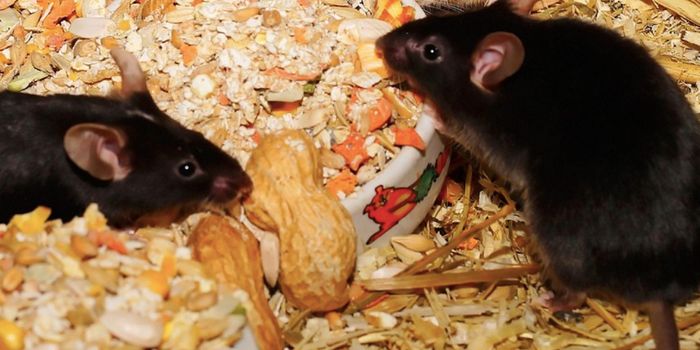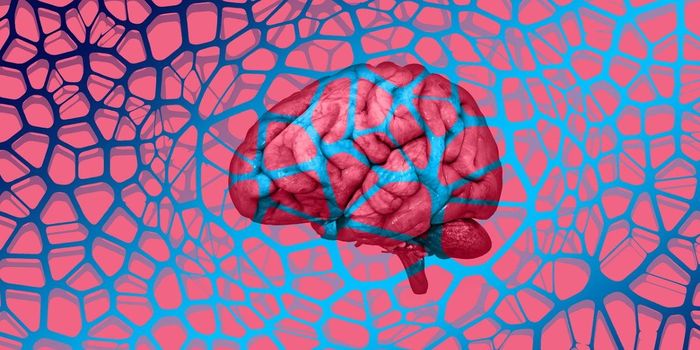Understanding How Disease Risk Begins in Development
Many common complex diseases are thought to be caused by an interplay of genetic and environmental factors. Researchers have been trying to learn more about the small genetic changes that people carry that predispose them to certain diseases. Knowing who is at greater risk could help them modify their environment or behavior to reduce their likelihood of developing a complex disorder, whether it be heart disease or rheumatoid arthritis. Many studies that have looked at genetic variants that predispose people to disease, however, have focused on genetic material obtained from adults. New research has examined these variations in neonates.
Reporting in Nature Communications, scientists identified several places in the human genomes that may be affecting a person's risk of chronic immune and inflammatory diseases, which may have roots in early childhood. This work utilized DNA and immune cells harvested from 100 cord blood samples from newborn Australians enrolled in the Childhood Asthma Study, aimed to learn more about the genetic variation in places that code for portions of the immune system.
The researchers exposed the immune cells to certain stimuli, then examined the genetic variation in the cells that may have led to differences in their responses.
"We looked for overlap between these genetic signals and those that are known to be associated with diseases where we know the immune system plays a role," explained Dr. Michael Inouye, Munz Chair of Cardiovascular Prediction and Prevention at the Baker Institute and Principal Researcher at Cambridge University. "We then used statistical analysis to search for possible links between the cell response in newborns and immune diseases in adulthood."
Thousands of genetic variants were identified, with various effects. "Our study showed the potential roles of gene expression in disease development, which has helped us to better understand the link between DNA variation and disease risk," said Dr. Qinqin Huang, lead author of the study and now a researcher at the Wellcome Sanger Institute in Cambridge.
"To date, similar studies have only been conducted in adult immune cells. Given the huge difference between neonatal and adult immunity, it is not surprising to see many signals that were unique to newborns."
"Disease is partly due to changes, both large and small, in our genome - the DNA that we're born with and which is a major driving force in all our cells. That means, genomics can be used to estimate disease risk from a very early age," Dr. Inouye said.
"Common diseases, such as type 2 diabetes and cardiovascular disease, tend to be polygenic - influenced by a large number of genetic variants scattered throughout the genome, which combine with environmental and lifestyle factors. By using new genomic technology and supercomputing capabilities, we can sift through this DNA data and piece together the puzzles that underlie each disease.
"With so many diseases sharing a root in the immune system and inflammation we can leverage this information to better understand where each disease has a molecular weak spot and to what extent these are shared among different diseases. We've shown this can be dissected using genetics and polygenic risk, hopefully leading to targeted preventative interventions for those who need them most, with the aim of keeping people living healthier for longer."
Sources: AAAS/Eurekalert! via Baker Heart and Diabetes Institute, Nature Communications









